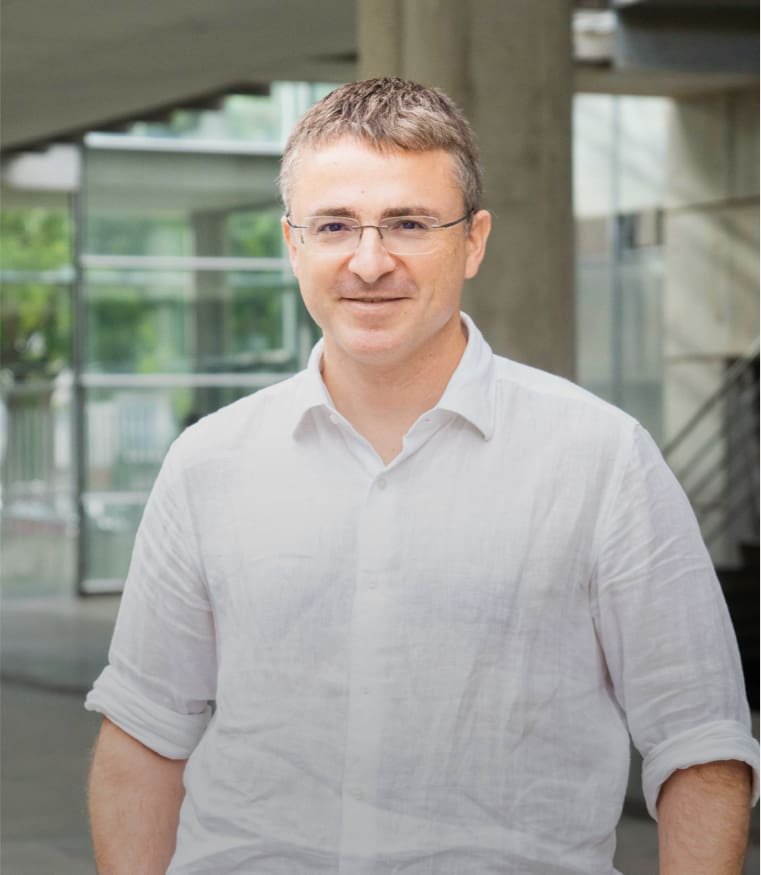Catalytic Hydrodifluoroalkylation of Unactivated Olefins
Herein, we report a modular catalytic technique that streamlines the preparation of gem-difluoroalkanes from unactivated sp3 precursors. The method is characterized by its simplicity, generality, and site selectivity, including the functionalization of advanced intermediates and olefin feedstocks. Our approach is enabled by a cooperative interplay of halogen- and hydrogen-atom transfer, thus offering a new entry point to difluorinated alkyl bioisosteres of interest in drug discovery.

Yue, W. J.; Day, C. S.; Brenes Rucinski, A. J.; Martin, R.
Org. Lett. 2022, 24 (28), 5109–5114
DOI:
10.1021/acs.orglett.2c01941
Observations
*ACS Editor’s Choice
* This article is in the top five of most viewed articles in Organic Letters in all of 2022

Let's create a brighter future
Join our team to work with renowned researchers, tackle groundbreaking
projects and contribute to meaningful scientific advancements




















